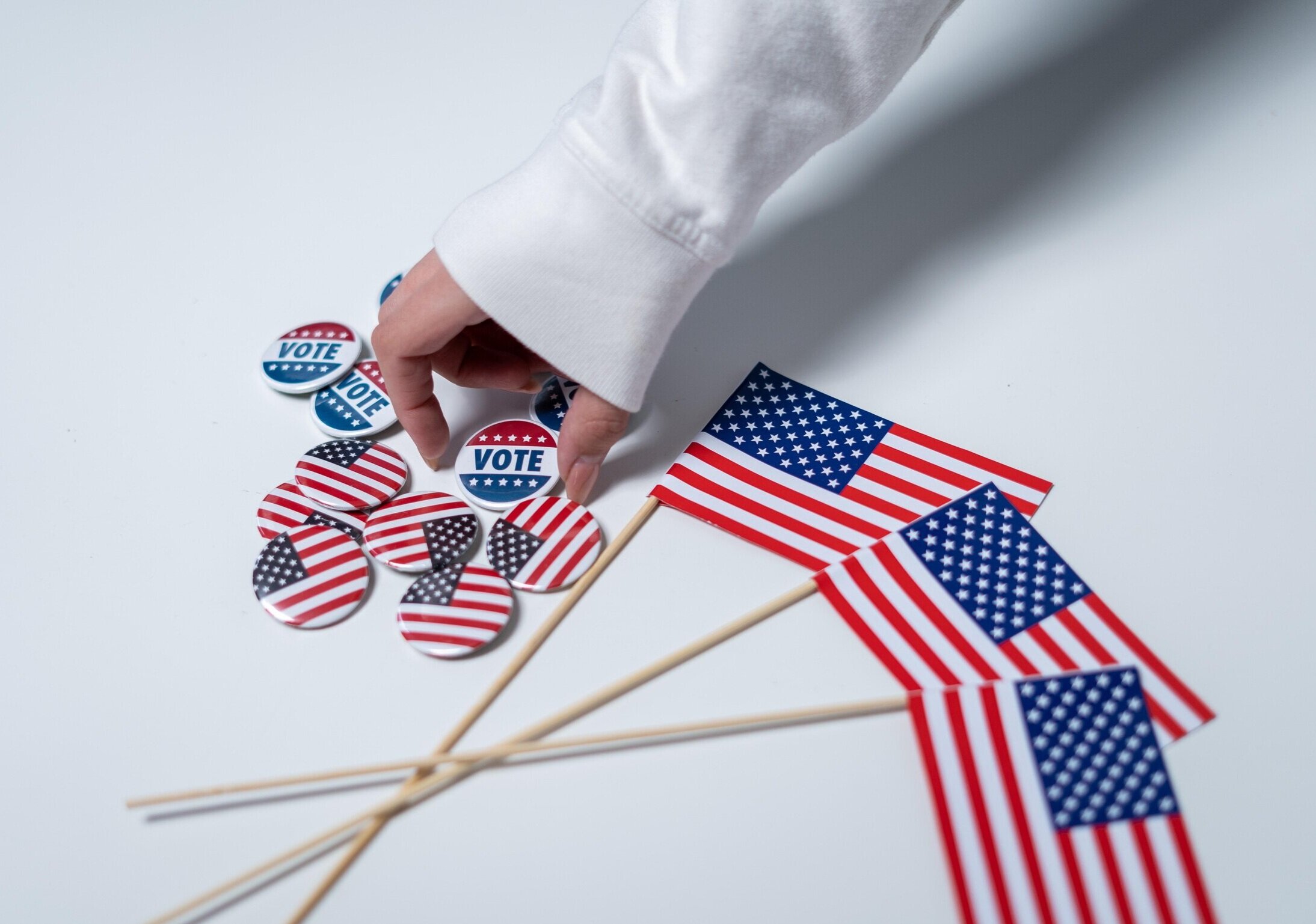What If He Won’t Let You Vote on Election Day?
Election Day is a mere two weeks away. In the midst of the second wave of the pandemic, our democracy remains based on every citizen’s right to vote.
But as the Center for Public Integrity’s Barriers to the Ballot Box project and MCIR have reported, voters have been blocked in highly contested states like Michigan, Florida, Pennsylvania, Ohio, Iowa, Arizona and Wisconsin. In California, Republicans have misled voters with fake ballot drop-off boxes. Poor voters may have trouble finding transportation to the polls.
Mississippians who want to vote by mail must find and pay a notary. A poll watcher reports that Mississippians who go to the polls will find masks are optional, but loaded weapons are allowed.
Or perhaps your husband or partner controls every move you make, and has forbidden you to register to vote, or to vote by any means available. If you or anyone you know is in this position, here is some help you can use.
Cottonbro/Pexels
In California, Caroline Christ, 29, works in social services for the disabled, who are especially at risk for abuse of any kind. She also has been working on getting out the vote, and recommends that anyone at risk of not being able to vote consult the National Network to End Domestic Violence’s resources.
Victims who have fled abusive situations may be terrified to register to vote, for fear their former abusers will use their states’ voter databases to find them. Women’s shelters often don’t have enough staff to accept mail for victims. But, Christ points out, in states like California and Mississippi that have programs to keep addresses confidential, voters who have survived domestic violence can keep their addresses private. Here is a link to Mississippi’s program.
Christ says that because abusers have already isolated women, preventing them from being able to vote “is not talked about a lot.” If these women register to vote or try to vote, they live in fear of their abusers’ retaliation. “Voting is a form of power,” says Christ, “and the abuser wants to exert their power/control over the victim/survivor.”
If a victim tries to use an absentee ballot, she may suffer from lack of privacy to vote. An abuser may use intimidation to force a victim to vote for a particular candidate or along certain party lines.
An abuser also may forbid a victim from using a computer, so she may not be able to find out how to register to vote, or where to go to vote in person. If she is isolated from her local community and other voters, she cannot gather information about candidates, referenda or propositions. This is particularly important during the 2020 election, when a great deal of voter information is available on social media.
Christ says abusers use emotional violence against victims as well. An abuser can make his victim feel she’s not smart enough to vote -- or the abuser may have chipped away at the victim’s self-worth for so long that she feels her vote is worthless. Even after a survivor leaves her abuser, she may not feel worthy of voting. Christ adds that victims may be too frightened to vote “if certain candidates or elected officials are perpetrators or have qualities of perpetrators. For some victim/survivors, filling out a ballot may trigger past traumatic experiences.”
Here is a Mississippi site where you can ask for a free, safe ride to the polls.
Above all, victims who are denied their right to vote should tell someone, to document their experiences, and report their abusers to police. Any man who makes threats to prevent a woman from voting is not only violating her rights as a human being, he also is violating her civil right to vote. He can and should be prosecuted.
Ann Marie Cunningham is a Columbia University Lipman Fellow for 2020 who will be working with the Mississippi Center for investigative Reporting. She is a veteran journalist/producer and author of a best-seller. Her work has appeared in The New York Times, Los Angeles Times, Technology Review, The Nation and The New Republic. Contact her at amclissf@gmail.com.


